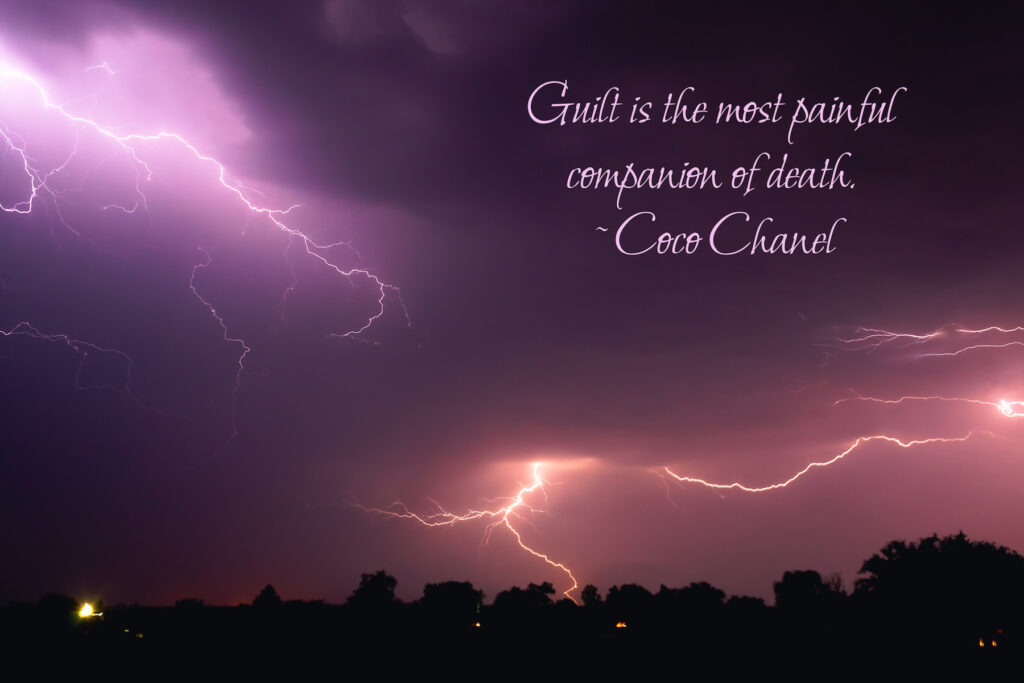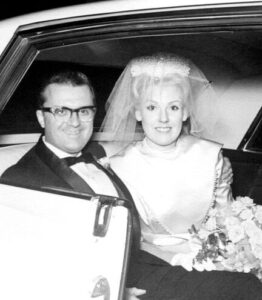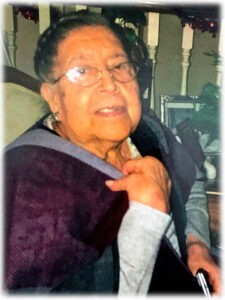Grief and Guilt – What Are The Triggers?

Guilt, self-blame and regret often come hand in hand with grief when dealing with the loss of a loved one. They can also rise to the surface with other types of loss, such the end of a friendship, selling a family home, divorce or even an unexpected job loss.
These emotions are very hard to come to terms with, discuss with others or even put a name to during the grieving process. But they are very real and can be difficult to manage.
Often all consuming, guilt can take hold of our lives right when we need all of our strength to heal emotionally from the trauma of loss.
There are several triggers for guilt specifically when a loved one dies:
- Survivors guilt – Why them and not me, they were always the healthy one?
- Regrets of things missed – If only I hadn’t worked so much or made the effort to spend more time together.
- Feeling blame for the death – What if I hadn’t left them alone or driven them instead of letting them ride their bike?
- Evaluation of things said or done – I should have told them I loved them or taken the chance to say goodbye.
- Influence on circumstances surrounding the death – Why didn’t I notice that they weren’t feeling well and made them call the doctor sooner?
It is easy to find reasons to feel guilty or regretful. The difficulty is dealing with these emotions. The most important thing is to realize that guilt and regret are very common reactions and an expected part of the grieving process. There are ways to help control, and in time, alleviate these emotions. Our next blog will provide some different ways to approach feelings of guilt and help manage their impact on your life.


















